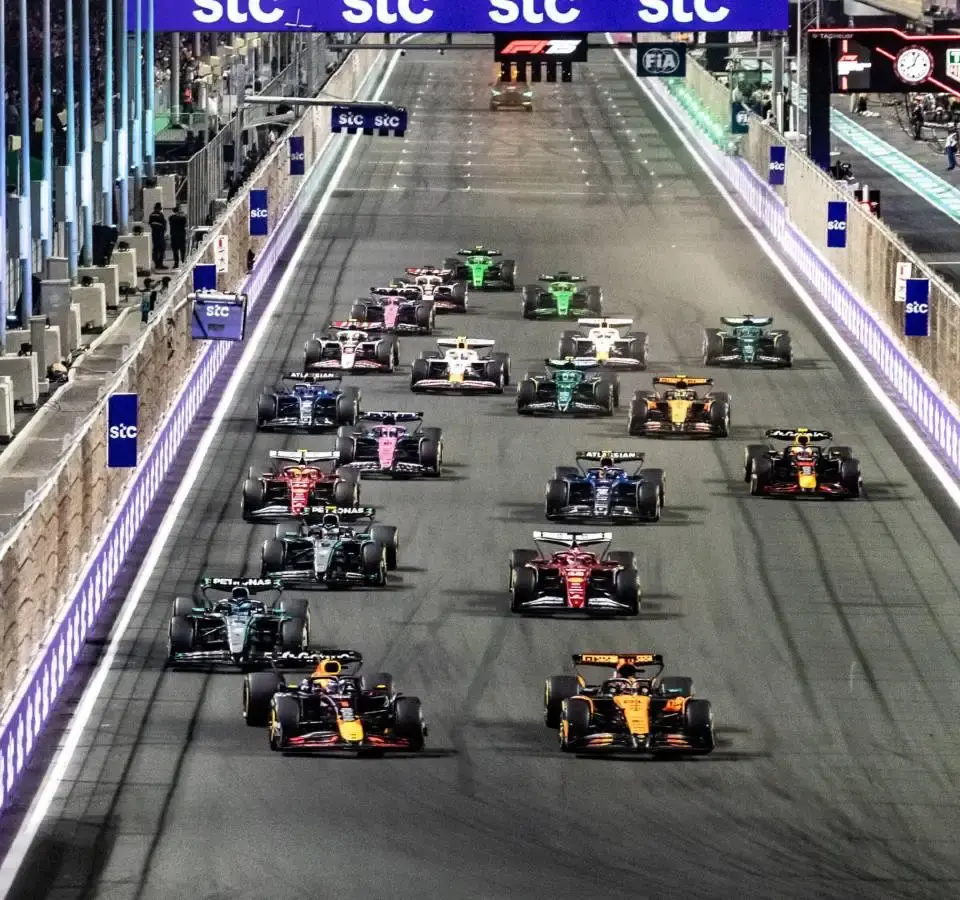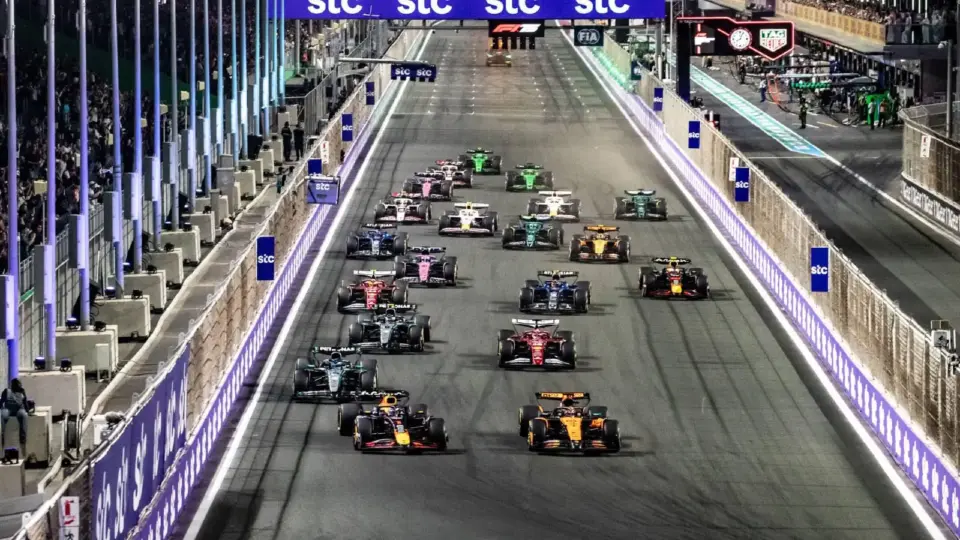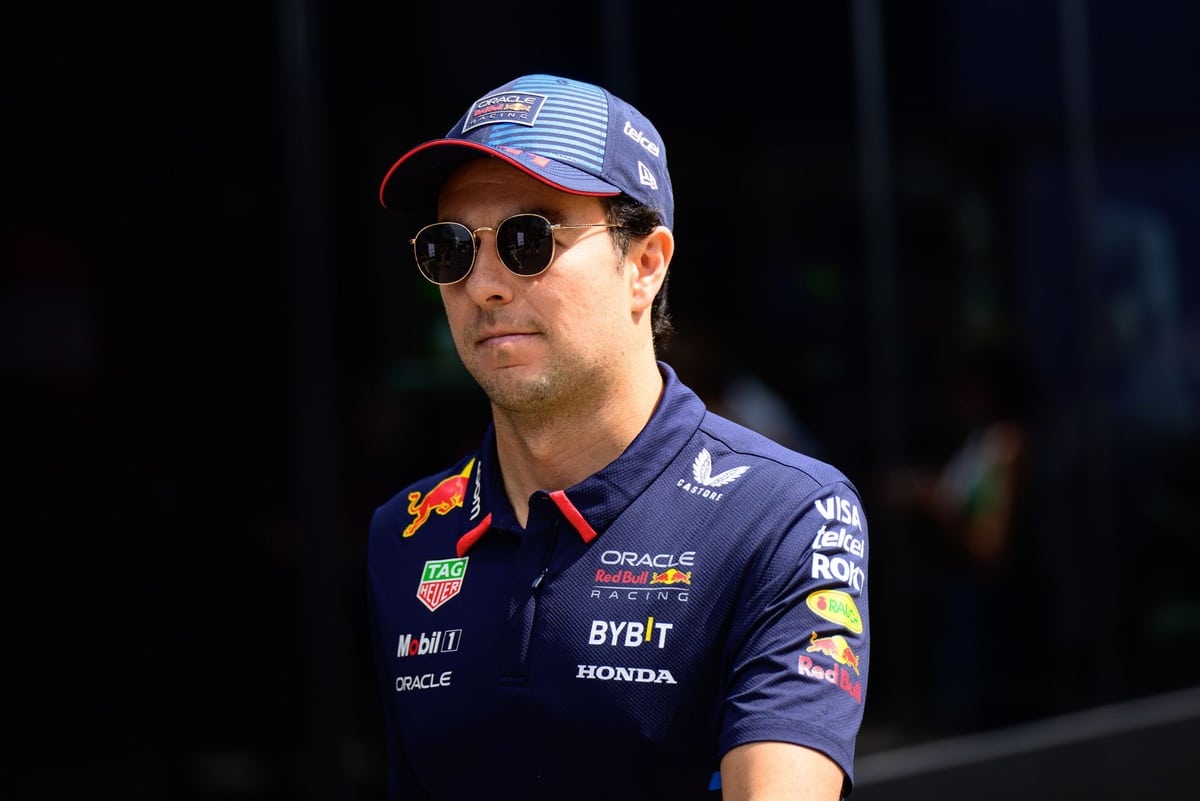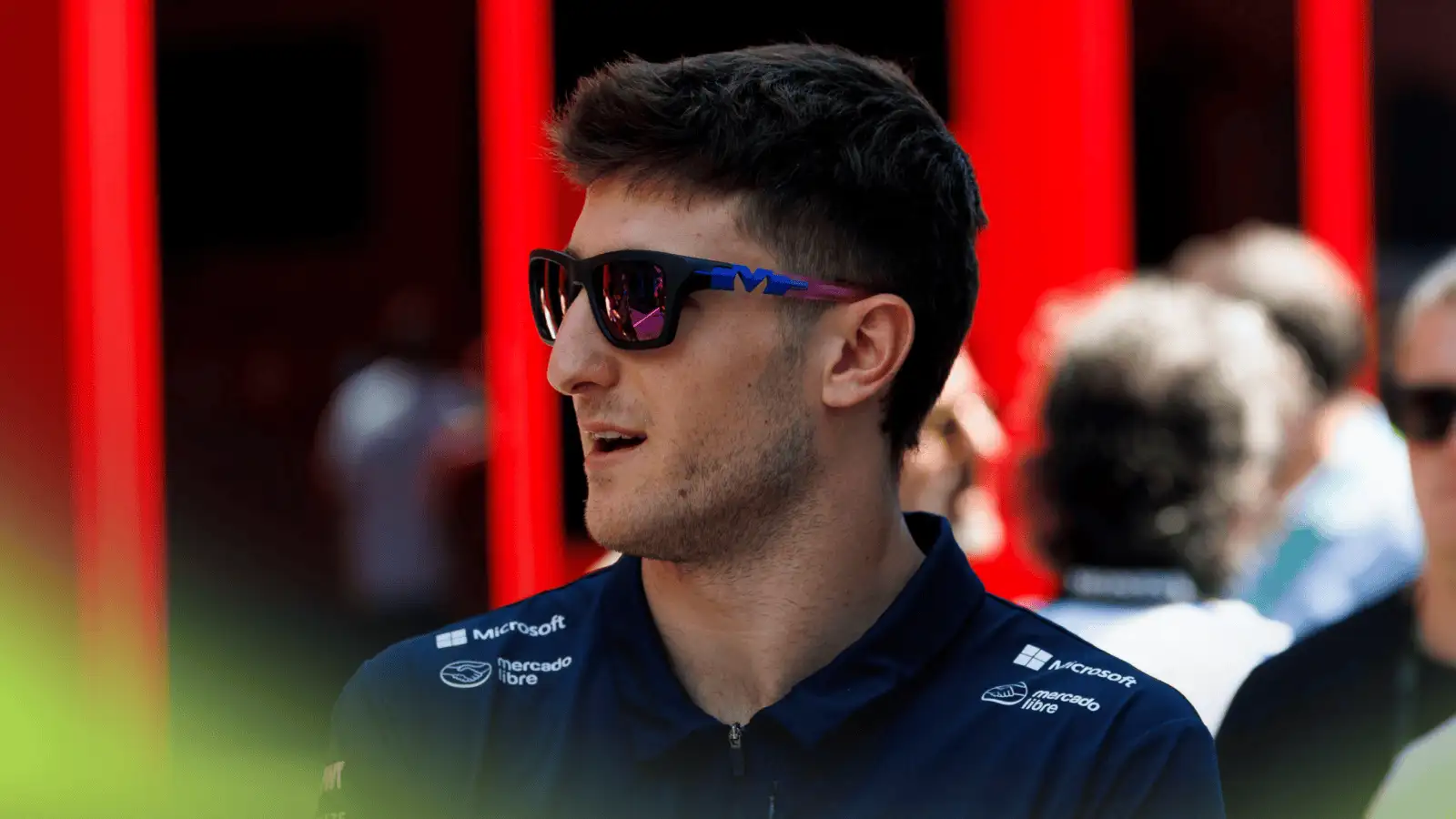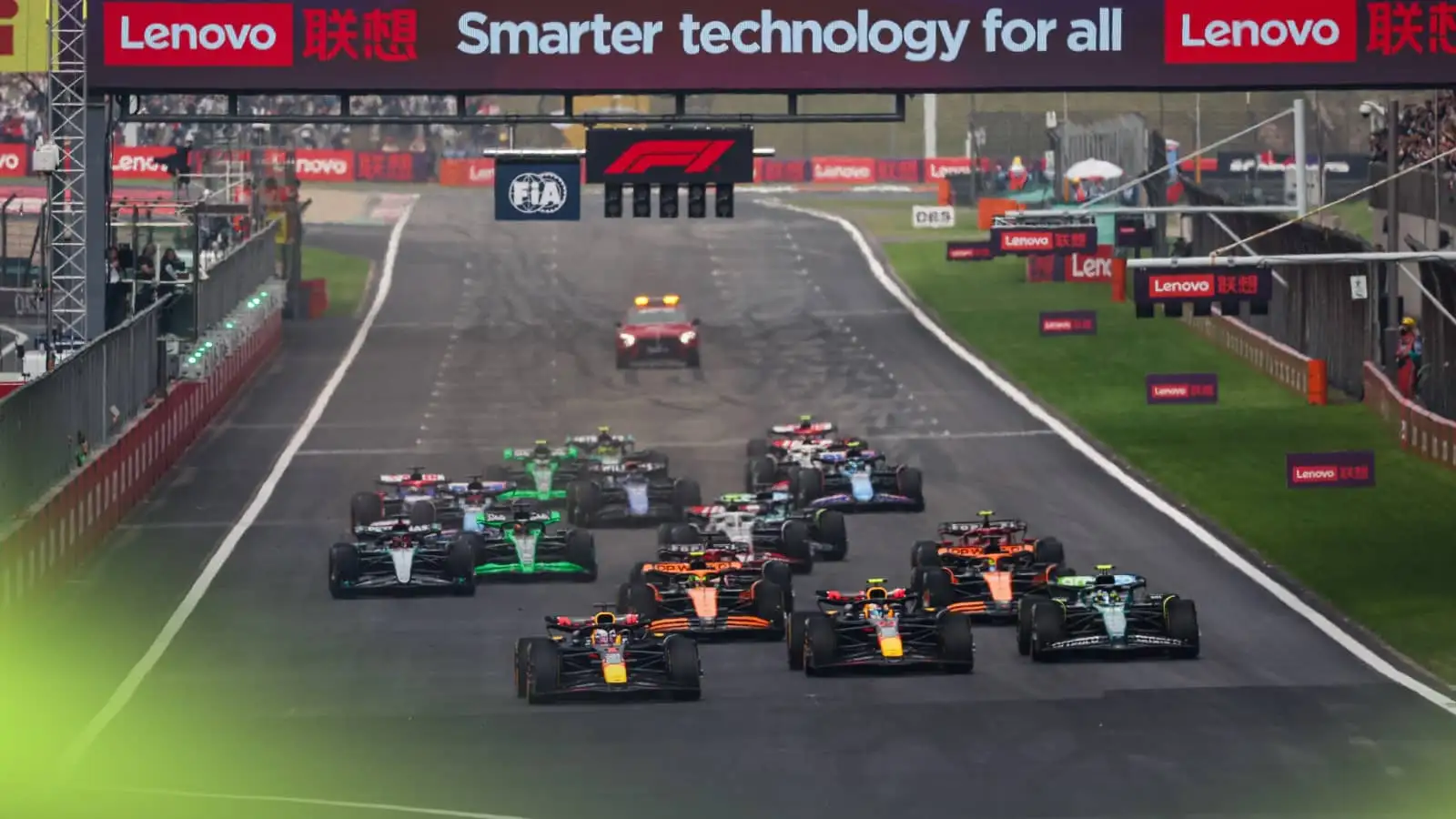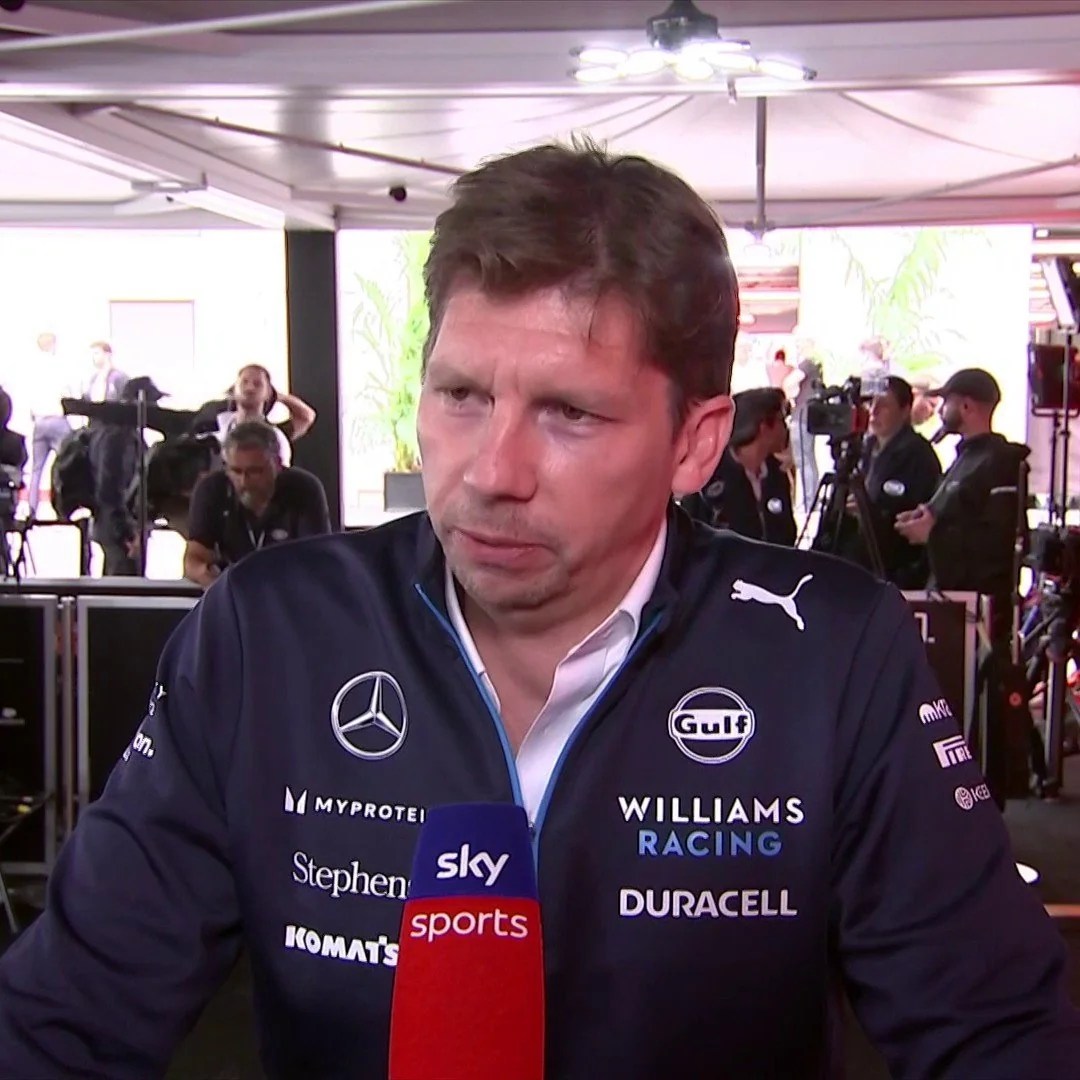Formula 1 is trading its tactical roots for a strategic vision as the 2026 Concorde Agreement approaches. Striving for long-term goals over quick fixes is the new directive from CEO Stefano Domenicali.
In a recent revelation at the F1 Commission meeting, discussions surrounding the 2026 power unit regulations have come to the forefront. Brushing aside the tactical and reactive methods of the past, Stefano Domenicali is leading Formula 1 toward a more strategic future. His renewed contract as CEO for another five years is seen as a beacon of continuity and vision, ushering the sport into a new era with stability and foresight.
Domenicali has highlighted that the economic elements of Formula 1’s future are now settled, as per the new Concorde Agreement. However, what remains crucial is the governance aspect, involving the FIA and teams. This collaboration is essential to ensuring regulatory stability, a cornerstone for achieving long-term success. In the words of Domenicali, moving from a tactical approach focuses on short-term gains to a strategic outlook emphasizes sustainable progress.
The nuances of strategic planning in this context are important. Unlike tactical planning, which is reactive, strategic planning is about the bigger picture—setting a stage for sustainable progress and development before reacting to immediate challenges. It’s a shift that requires input from various stakeholders, including the FIA and team managers, to ensure that the sport not only grows but thrives globally.
In an interview, Domenicali shed light on the strategic direction, referencing discussions with current and future engine manufacturers, including a noteworthy meeting in Bahrain. He emphasized the need for consistency in rules, especially after significant investments by manufacturers. Altering regulations whimsically could undermine these investments and send the wrong message about the sport’s reliability. This stance is part of a comprehensive effort to maintain a balanced competitive environment where no single team remains dominant for too long.
Domenicali also acknowledges the sport’s incredible growth and its role as a global benchmark. Yet, caution is necessary to avoid complacency. Strategic planning becomes even more vital as Formula 1 approaches its newest set of regulations, setting the stage not just for the 2026 season but for the future of racing as a whole.
As Formula 1 prepares to embrace a new strategic direction, the emphasis on governance and stability heralds a promising yet challenging path forward. Domenicali’s leadership, coupled with stakeholder collaboration, aims to guide the sport towards a future that respects its tradition while adapting to contemporary challenges.
